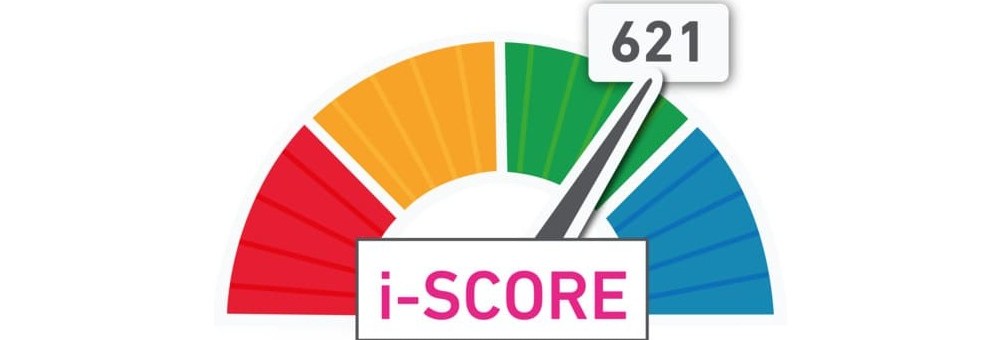Here are the top three things to know about credit scores and how you should deal with it.
1. You have been “blacklisted”!
This often-used term is something you will face usually upon rejection of a loan or credit card. In reality, none of the credit reporting agencies in Malaysia have the right or ability to blacklist any individual who has not complied with their credit financing payments.
Though the term blacklisted is loosely used, in actual fact, it means you have a low credit score and not eligible for the credit facility. Low credit scores are due to several factors including, defaulted on payments, past adverse litigation history, high numbers of credit applications made in a short span of time or perhaps maxed out credit cards. If this is the case, then you will not be able to obtain any further financial assistance because you will be viewed as a high-risk individual.
For your information, credit scores are calculated based on the following:
- Banking and non-banking credit payment records (credit cards, housing loans, car loans, personal loans, telephone bills and etc.) and the age of your accounts.
- Payment habits (on-time or bad paymaster)
- Amount of credit being used
- Outstanding debt
- Active application of new credit facilities
- Litigation records
- Bankruptcy records
- Skim Potongan Gaji ANGKASA (SPGA) (if any)
- Central Credit Reference Information System (CCRIS)
- Dishonoured Cheques (DCHEQS) from Bank Negara Malaysia (if any)
So you have had issued with any of the above mentioned, then it would be best to take immediate steps to rectify the problem to ensure your credit scores are improve.
2. They have all my information — is this even legal?
To ensure your credit score reflects a holistic view of your financial status, credit reporting agencies will collect, process and store credit information obtained via public and private records, essentially from companies, businesses or individuals.
This information will then be forwarded to financial institutions, professional bodies and credit grantors to evaluate your financial health by analysing your credit score as well as your credit standing before any credit financing or facilities is offered to you.
Your next question, would naturally be “Do they have the right to do this?” Yes. The credit reporting agencies are regulated by the Credit Reporting Agencies Act 2010. The credit reports produced is a collection of information obtained publicly and privately as it is only given to financial institutions or other credit grantors upon consent granted by Subject, for them to assess the financial health of its customers.
3. You have a thin credit file
At times, there may also the case that your loan has been rejected because you have a thin credit file. What this actually means is that while you have lived a debt-free life all this while, financial institutions are unable to track your payment behaviour. Potential lenders actually view the lack of credit history as a negative.
To help overcome this, you could consider the option of applying for a credit card that suits your spending habits and lifestyle. However, do ensure that you pay your credit card payments on time or in full. This will help you build a credit history and in the long term, provide financial institutions with information to help them understand your risk profile.
Break down the walls of ignorance and take time to understand how your credit score can help you achieve not only financial success, but also be more credit responsible.
